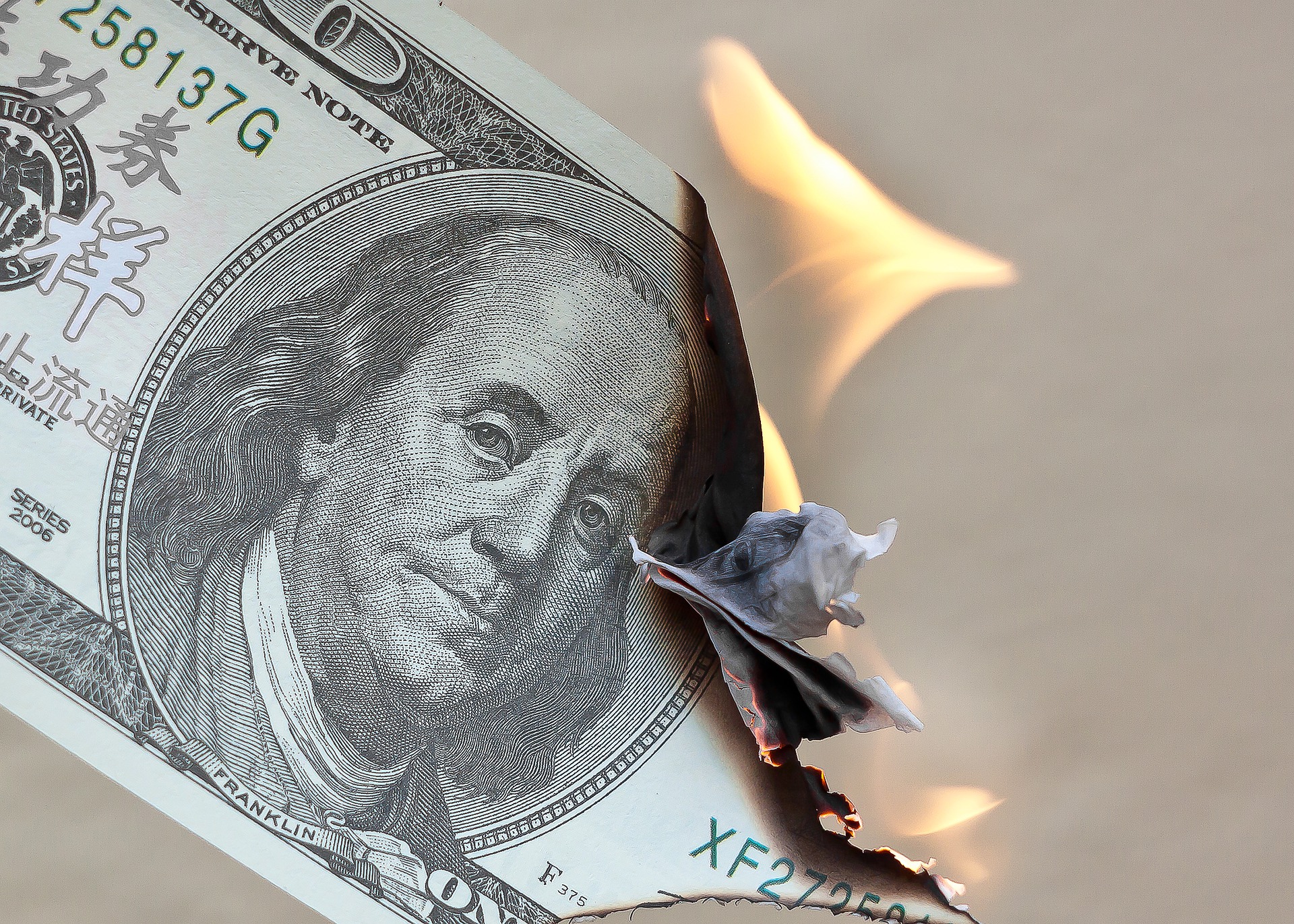Turn on an ESPN late Sunday night, and there is a good chance you will see Scott Van Pelt’s “Bad Beat” segment. You watch it and think you understand, but in the back of your mind, you are asking yourself a question.
So, what is the common element that ties these types of games together? They do not appear to have too much in common. One involves a come-from-behind effort (usually a significant deficit); the other is just a game that looks closer than it was.
Well, it has something to do with the odds on the game (either the point spread or the total).
Incredible come-from-behind wins can be bad beats. But a game is not necessarily a bad beat because one team mounted a massive comeback. What is going to make a game a bad beat is some sort of fluke play or crazy finish that impacts whether a team covers the spread.
The Eagles vs. Washington game in Week 15 of the 2019 season is a great example. Washington was a 6.5-point underdog but looked like they were going to win for most of the game. They lost the lead late in the game. But since they were only down four points (31-27) people that bet on Washington were still going to win.
But on the final play of the game, a Washington fumble was returned for a touchdown, making the final score 37-27.
Just like that, a winning bet becomes a loser. That is what makes a bad beat a — well, a bad beat.
But with the popularity of bad beat segments growing in recent years, the term often gets overused. For example, many consider the Bills come-from-behind win in the 1993 AFC wild card game against the Houston Oilers a bad beat because Houston blew a 32-point lead.
But the Bills were favored by two and won by three. The over/under was 37 for the game and was covered before the comeback even started.
Bad beats are essentially games where one betting outcome looks like a sure thing. One team looks like it is going to cover the spread but does not because of a last-second score. Or that late score causes the over to be covered (without impacting who wins). That is a bad beat for anyone that bet the under.
Photo Credit: Youtube, Twitter









